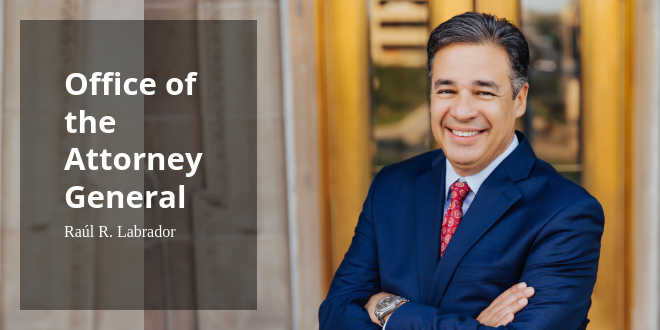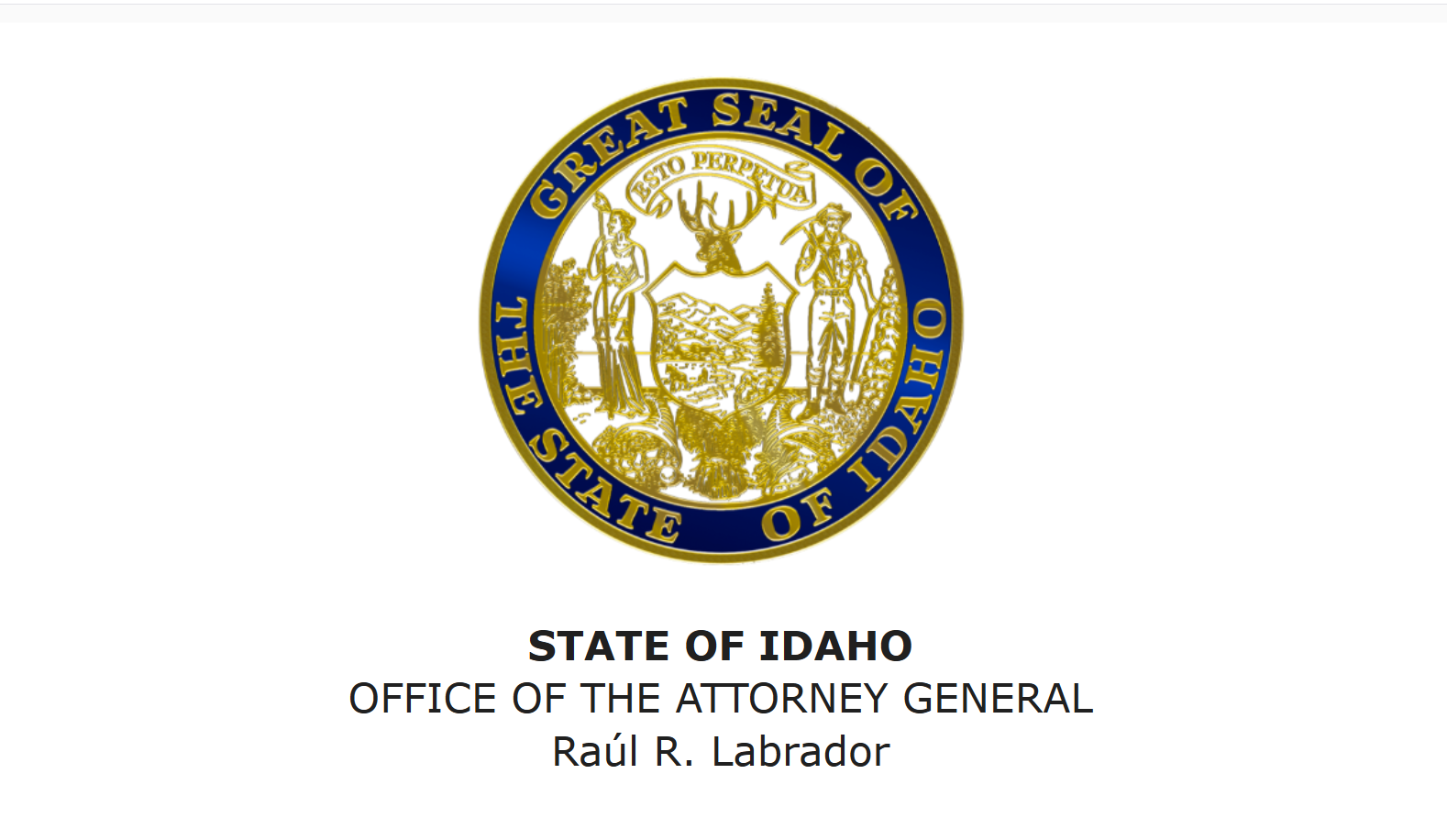Guest Opinion
By Senator Ben Toews of Coeur d’Alene, Idaho
While disseminating material harmful to minors is a misdemeanor in Idaho, a blanket exception protects any “bona fide school, college, university, museum or public library” and its employees from being charged. Currently, schools and libraries in our state can distribute obscene materials to minors without criminal or civil accountability, even when distributing these same materials could get anyone else locked up. Today, many children regularly stumble upon what amounts to pornography in these trusted and taxpayer-funded spaces. This tragedy has been painstakingly documented by a group of community members in Coeur d’Alene. I have personally witnessed the sexualized nature of numerous books provided and promoted in the children’s section of our public libraries, and as a father of five children, I am grieved.
Not only does the Lord strongly condemn twisting the minds of children, but Article III, Section 24 of the Idaho Constitution also clarifies that a core duty of the legislature is to address exactly this. The following is a review of legislative endeavors to protect our children in schools and libraries.
Previous Legislative Sessions
Two sessions ago, House Resolution 23 (2022) recognized that “material harmful to minors is a contributing factor to crime and juvenile crime and is also a basic factor in impairing the ethical and moral development of our youth” and that Idaho policy must safeguard “Idaho children from exposure to material harmful to minors, as defined in Section 18-1514, Idaho Code, in libraries and K-12 schools.” However, after the House passed H666 (2022), which would have removed the blanket liability exception for institutions and their employees, it died in a Senate committee.
The next year, H139 (2023) marked a new approach to the issue, replacing the possibility of criminal prosecution with a civil cause of action. Parents would have been empowered with the ability to sue a school or library for civil penalties if their children were provided access to harmful materials. A $10,000 sum in statutory damages, in addition to actual damages and other relief to the victim, would have incentivized boards of trustees to take reasonable precautions. Rather than librarians being at risk of prosecution, this focus on the party legally responsible for library policy conforms to the common-law doctrine of Respondeat Superior. The bill also provided an exception regarding works of serious literary, artistic, political, or scientific value, as defined with reference to contemporary community standards. The library would not be liable if the minor were accompanied by a guardian, clarifying the bill’s scope as not infringing on family sovereignty. Even so, H139 was drawered in committee before it could be considered on the floor.
By this point, the accusation of ‘book banning’ was being circulated in some circles. This is a serious allegation, bringing to memory Nazi efforts to stifle intellectual freedom and dissent in towering flames. It is an allegation worthy of serious charitable examination. And, after truly doing my best to contort my mind into some configuration in which the statement is reasonable, I have failed. Ensuring that obscenity is not placed in the children’s section of a library and cannot be checked out by minors is completely different from book-banning, which I oppose. Adults remain free to access whichever books they wish. As correctly articulated by Idaho Family Policy Center President Blaine Conzatti, the US Supreme Court has consistently held that “there is no first-amendment right to disseminate obscenity to children, period.”

Meanwhile, H227 (2023) was offered as a potential replacement for the dead bill. While it recommended relevant policy, it provided no enforcement mechanism and would have functioned as a mere suggestion.
A well-formulated strategy by H139 sponsors allowed a modified version, H314 (2023), to be rerouted through House State Affairs instead of the more resistant House Education committee. H314 decreased the proposed statutory damages to $2,500, among other changes. After passing both chambers of our legislature, it was sent to Governor Little, who vetoed it. Unfortunately, the House failed to override the veto, falling short of the required two-thirds majority by a single vote.
The 2024 Legislative Session
This year, a modified version of H314 was introduced. H384 (2024), the Children’s School and Library Protection Act, would have drastically lowered the statutory damages to $250, only 2.5 percent of the $10,000 penalty originally proposed in H139, making it more than abundantly clear that its purpose was not to take money away from our institutions but only to ensure they pass coherent and effective materials selection policies for children’s sections. It also addressed some constitutional concerns by no longer defining whether material is valuable for minors “according to prevailing standards in the adult community.” The sharp decrease in civil penalties felt concerningly lenient to many; even so, the bill was strangely returned to committee to make way for something weaker.
S1221, the School Library Material Care Act, would have required local education agencies to develop and adopt policies regarding materials in school libraries, including the creation of committees to review library materials in meetings open to the public. While the local character of the policy felt a point in its favor to some, it did not reference the definition of material harmful to minors or other concrete standards, there were some accountability concerns, and it did not address public libraries outside of schools. While this bill advanced the conversation, its deficiencies prevented it from garnering the necessary support.
S1289 was then introduced as a potential compromise, combining some elements of S1221’s materials review policy with H384’s private cause of action. While I appreciated the attempt, Senate State Affairs sent it to the floor with a do-pass recommendation without my support. The attempted compromise would have managed to be both ineffective and cumbersome for both the parents and libraries of our community, and I opposed it because I did not believe it would have kept kids safe. The bill would have required that each community and school library have a Library Materials Review Committee to review requests for the relocation of materials. A parent finding a harmful book available to children could request that it be moved, after which the committee would conduct a public hearing on the book and make a reasoned decision, about which the parent could then request reconsideration and, if still disagreeing with the final decision of the committee, the parent could appeal to the courts for judicial review. If, on the other hand, the committee agreed that a given material was harmful and a parent presented a written notification to the library that they had failed to remove the material and afterward the library again failed to remove the material, the parent would only then have a private cause of action against the library to recover $250 in statutory damages and other applicable damages or relief.
The way those run-on sentences felt to read is the way this policy would have played out in real life. While seeming logical on paper, it would have required parents to expend serious time and money to little effect. Libraries would only have been liable if they actually admitted a book was harmful, and thus would have been able to avoid accountability by simply denying the problem. While there was a provision for judicial review of committee decisions, it was dubiously worded and bureaucratically intense. Many practical, structural, and legal issues with the legislation were well articulated by Senator Herndon on the Senate floor, including that, as supported by comments from the AG’s office, the bill’s provision for judicial review in Idaho Code may have been a dead-end reference if taken literally. Asking parents to play whack-a-mole with a leaden hammer and appointing libraries as judge, jury, and executioner in their own cases rendered the bill effectively a paper tiger. The intense administrative burden it would have put on small libraries and our judicial system also attracted opposition from all sides. Demanding a more effective solution, we voted it down on the Senate floor.
Improvement came in the form of H710, a slightly-modified version of H384. It retained the $250 civil cause of action and also required a “readily accessible form allowing a person to request review of material the person considers to be harmful to minors,” displaying the statutory definition of such material for reference. Although the definition was slightly narrowed by the removal of section b, it remained sufficient to protect children. H710 was passed with a strong majority in both chambers. The governor signed it into law, and it will go into effect July 1, 2024.
After three long years of legislative struggle, we finally got an effective library bill signed into law. The engagement of citizens like you has been integral to this victory. Painstaking documentation by community groups like CleanBooks4Kids opened many skeptical eyes to the severity of the issue, and countless constituent emails lit fires under the seats of reluctant legislators. Alongside such victories as protecting children from pornography and stopping tax dollars from funding gender mutilation, H710 is yet another win this year in the battle for child innocence and healthy families in Idaho. We are committed to continue the fight. Next session, I plan to reintroduce the drawered resolution celebrating the Traditional Family. In the meantime, please pray for me and my colleagues as we seek to stand in love and boldness for God’s fearful and wonderful design.
Senator Ben Toews was elected to the Idaho Legislature in November 2022, and is running unopposed in the 2024 May primary election on the Republican ballot. This writing was originally published on Toews’ Substack and published here with author approval.







